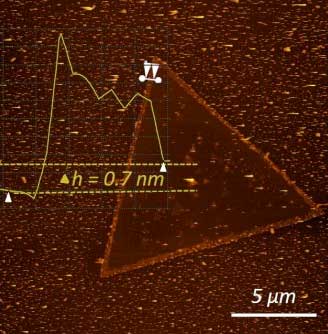
Thursday, January 17, 2019
Open-source automated chemical vapor deposition system for the production of two-dimensional nanomaterials
Nanogenerators turn body motion Into weight control and wound-healing therapies
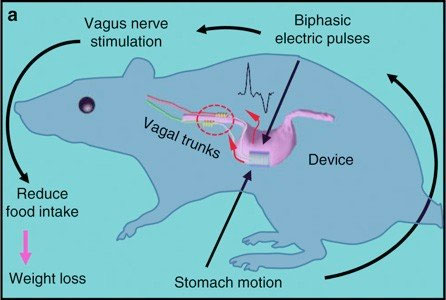
How to rapidly image entire brains at nanoscale resolution
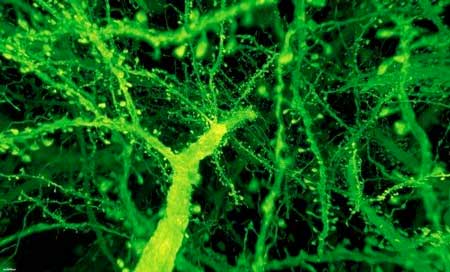
Nanoparticle breakthrough in the fight against cancer
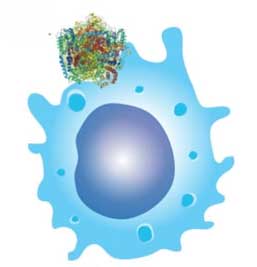
New nanosensor to detect disease and infection

Light connects two worlds on a single chip

Creating a roadmap for 2D materials
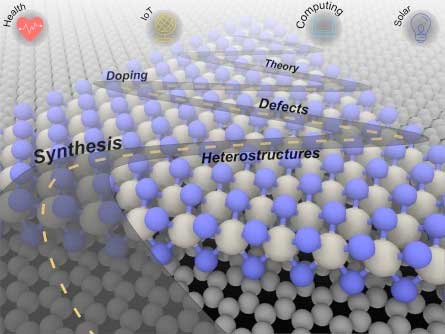
MXene researchers find 2-D transition-metal carbides react with water, opening a door to their unknown chemistry
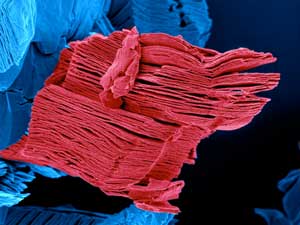
New light shed on organic polymer PEDOT
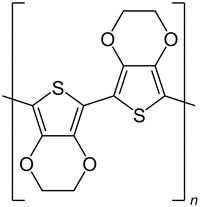
Subscribe to:
Comments (Atom)
